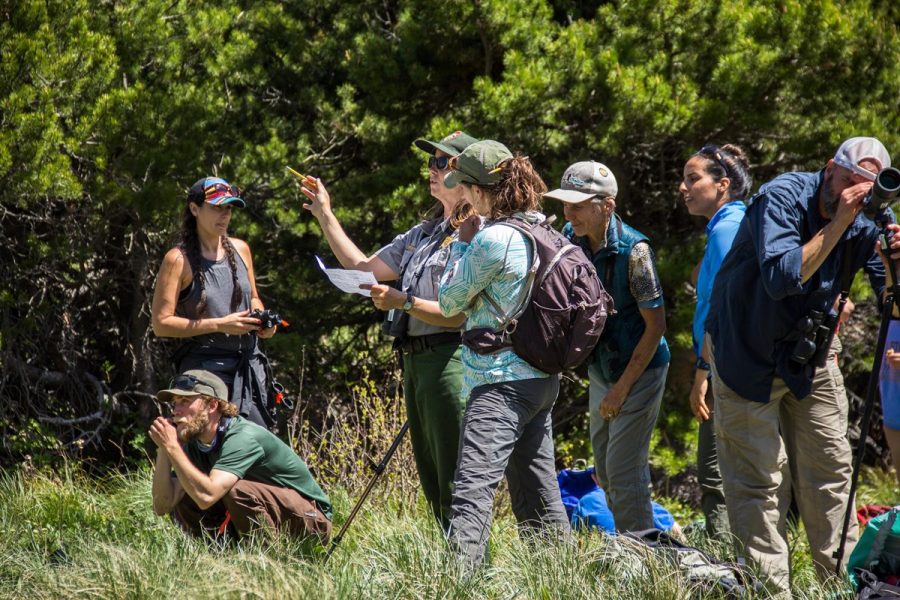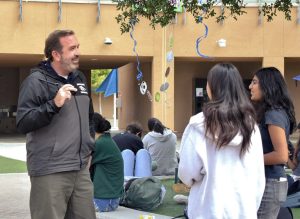Citizen Science: Research projects you can be a part of
January 7, 2021
Citizen science, also known as community science, is when ordinary people participate in scientific research projects. People normally work on them through crowdsourcing and increase the public’s understanding of science. Although many scientific research projects are paused due to the COVID-19 pandemic, there are still many ways for us to contribute to research projects online as citizens. Here are four websites and apps that house many citizen science projects that you can be a part of.
CitizenScience.gov
CitizenScience.gov is the official government website for citizen science projects in the U.S. Not only does it contain a catalog of all federally-supported citizen science projects, but it also provides resources for those creating their own projects with how-to guides and tips from previous successes and failures. This website houses around 450 different citizen science projects, ranging from topics like geology to marine science to garden projects. These projects allow the American public to directly engage with the federal government and other organizations.
iNaturalist (also available as mobile app)
iNaturalist, currently the most popular citizen science website, is a social networking service that allows users to record observations and evidence of organisms. Species identification is then done by other users or by automated systems. Even students can contribute to the database by uploading their own photos of wildlife they see, and then learn about the species after the photo has been identified. The data provides crucial information about biodiversity for scientists around the globe, but also for anyone who is curious about the wildlife around them.
Zooniverse
Zooniverse is a web portal for citizen science projects, allowing volunteers to participate in crowdsourced projects. Rather than having computer-processing power to analyze data, projects on Zooniverse require human volunteers to complete research tasks. Some of their most popular projects include “Wildwatch Kenya,” where citizens can help track wildlife living in conservation areas in Kenya, and “Galaxy Zoo: Clump Scout,” where citizens help identify regions where stars are being born. If you have time on your hands, you can lend your skills to these projects.
eBird (also available as mobile app)
eBird one of the biggest online databases of bird observations, providing scientists and researchers with real-time data about birds. The project has expanded to a global level, enlisting birders of all walks of life to gather information about bird biodiversity. Whether you have a love for birds or if you’re just curious about a single bird you saw, eBird is the place to go for all things birds.



![AAAAAND ANOTHER THING: [CENSORED] [REDACTED] [BABY SCREAMING] [SIRENS] [SILENCE].](https://thehowleronline.org/wp-content/uploads/2025/06/lucy-1200x800.jpg)

















































![AAAAAND ANOTHER THING: [CENSORED] [REDACTED] [BABY SCREAMING] [SIRENS] [SILENCE].](https://thehowleronline.org/wp-content/uploads/2025/06/lucy-300x200.jpg)



